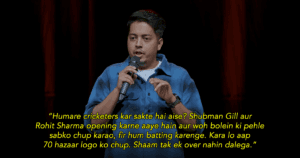India’s Paralympians have scripted history in the Paralympics 2020, with an overall haul of 19 medals, 5 of which are Gold. It’s not only a considerable jump from India’s record at the last Paralympics but also a moment of great pride for the nation.
However, this win also begs the question – while we celebrate our Parathletes when they win, what are we, as a nation, doing to make the world more inclusive for people with disabilities?
As per the 2011 Census, 2.21% of the Indian population is disabled.

But, how many of them have access to proper education and employment opportunities? How many are able to move in public spaces, with limited to no help? How many can live a life of dignity, independent of constant support?
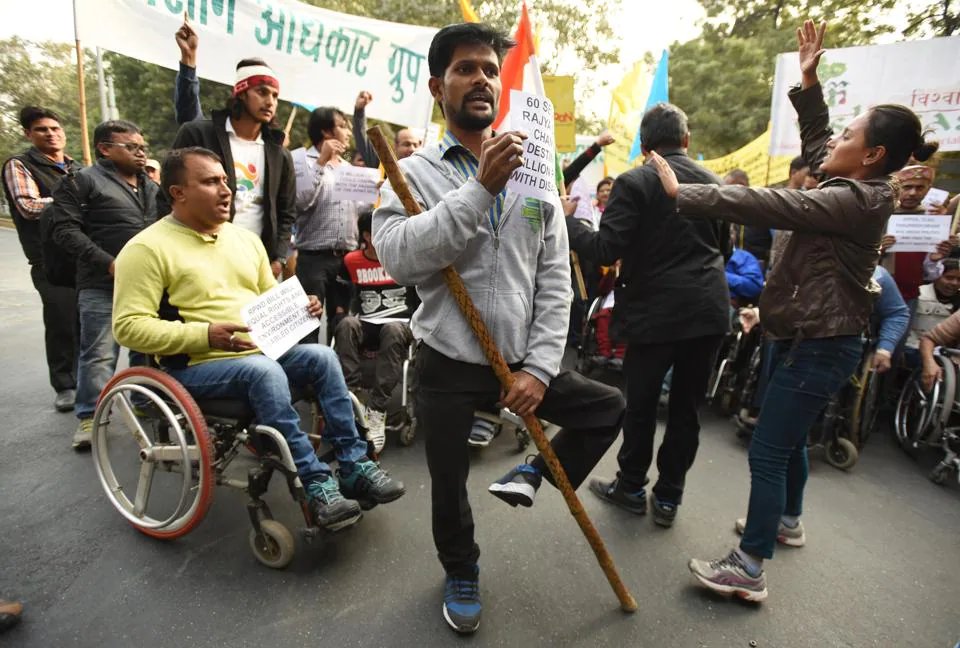
It is the basic responsibility of any government to make society more accessible for people with disabilities and actively work towards making their inclusion in the workforce and social life as seamless as possible. But in India, the situation is far from ideal.
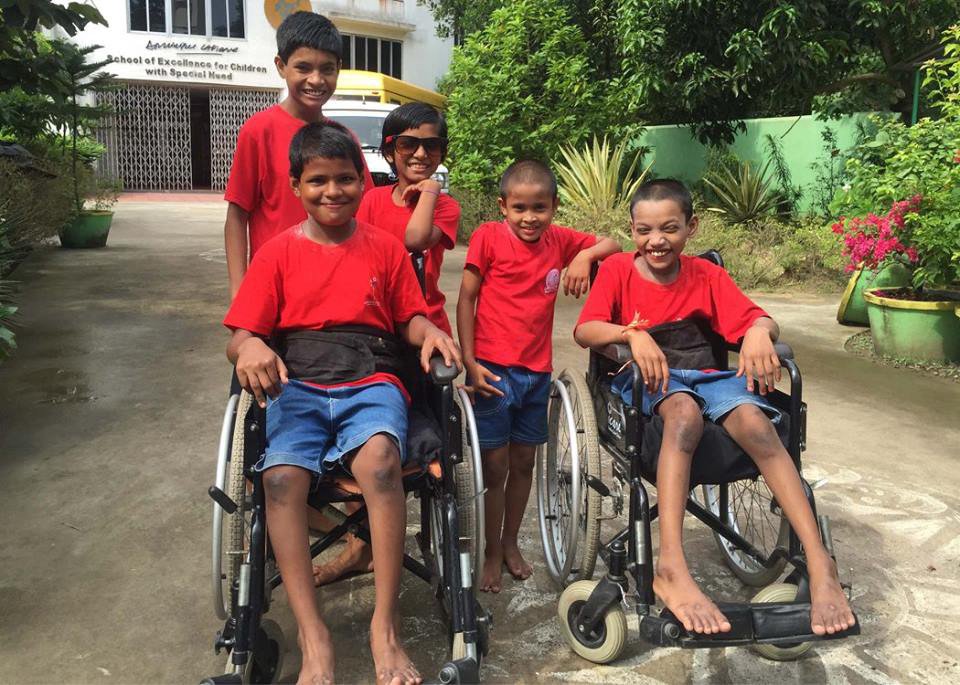
For example, accessible public transportation should be a basic right for every individual, but according to Riyas Tikoti, leader of All Kerala Wheelchair Rights Federation, when it comes to public spaces, people with disabilities don’t feel accommodated:
At present we don’t feel much comfortable in public places. The buses and trains are not designed for us.
-Riyas Tikoti to New Indian Express

His remarks are on-point because while our airports may be disabled friendly, trains and buses, that are used by a majority of the population, are nowhere close.
Delhi: Survana Raj, a para-athlete says she had to sleep on the floor of train after she was allotted an upper berth on a Nagpur-Delhi train pic.twitter.com/zcYzZyEJGE
— ANI (@ANI) June 11, 2017
Even today, most railway stations and trains, do not have ramps, designated washrooms and drinking stations, and other basic facilities for people with disabilities.
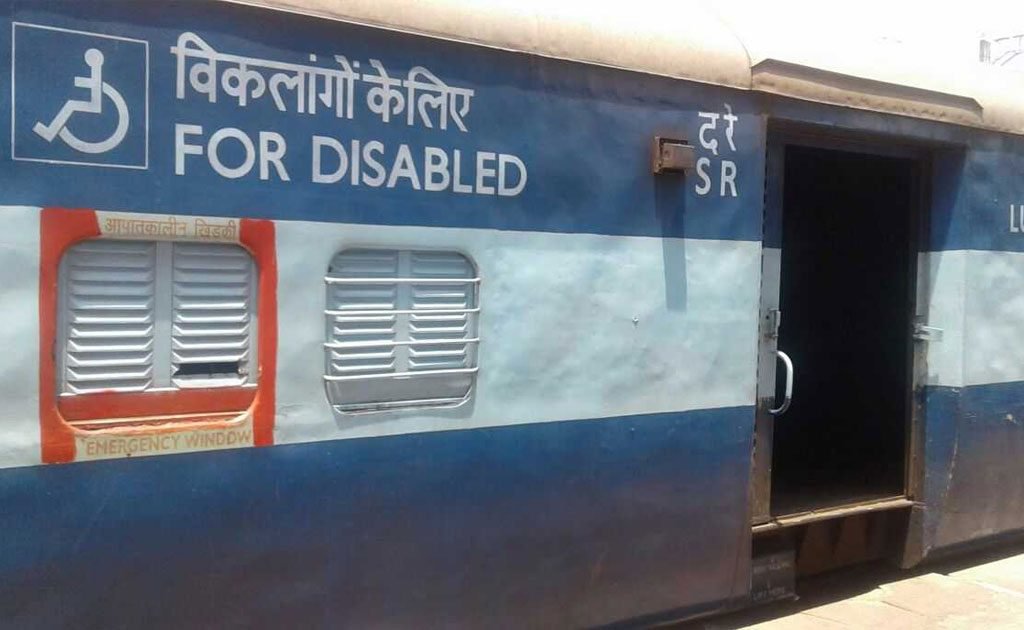
Rajiv Rajan, Special-needs activist and the Executive Director of Ektha, shared his own experience of traveling on Indian Railways as a person with cerebral palsy with NDTV:
The Indian Railways stands where it was in the early 1990s with respect to accessibility for persons with disabilities. If a person with disability cannot enter a railway station, get from one platform to another and get into the train itself, what is the use of the disability compartment? Or what is the use of reserving a berth for disabled people irrespective of the class? When will the railways wake up to the calls of at least 8 per cent of the population of India? Railways are supposed to be one of the largest revenue generators for the government. This implies that lack of funds is not the reason. Given this, we are left to wonder what is stopping this largest network from being accessible.
-Rajiv Rajan
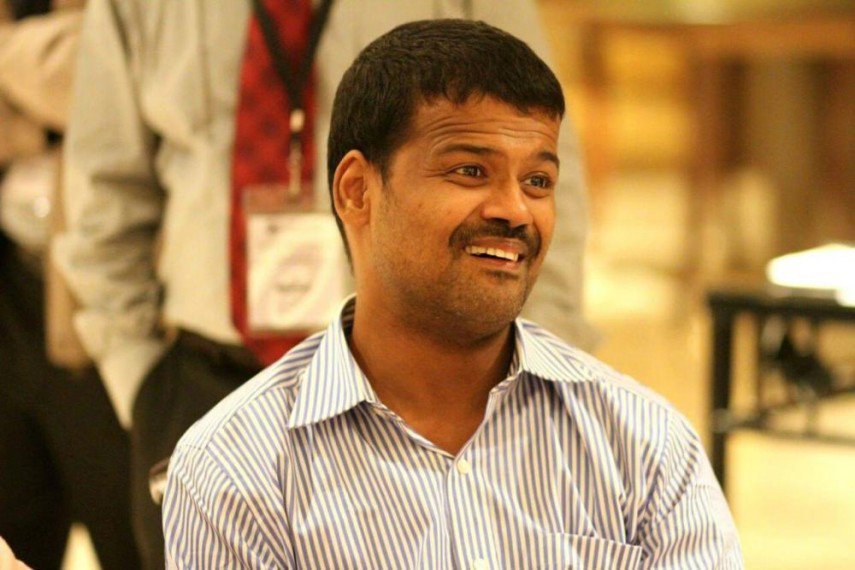
Additionally, buses or bus stops, are most definitely not disabled-friendly, despite being one of the most economical sources of transportation.
Though the Accessible India Campaign was launched by PM Modi in 2015, as of December 2020, reportedly less than 7% of public buses in the country were fully accessible for wheelchair users.
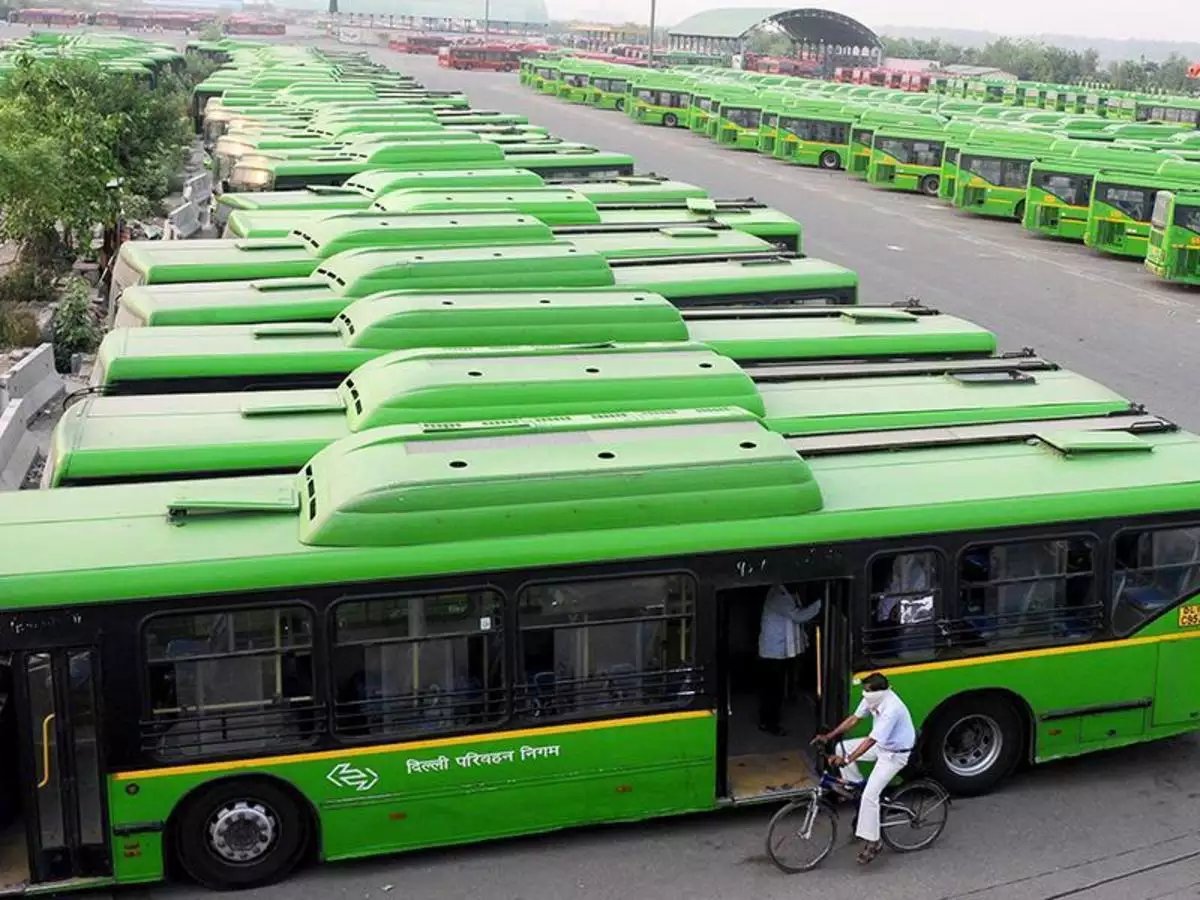
The situation is exacerbated further in rural areas, where basic facilities are missing for even people with no disabilities. This, when 71% of India’s disabled population resides in rural areas.
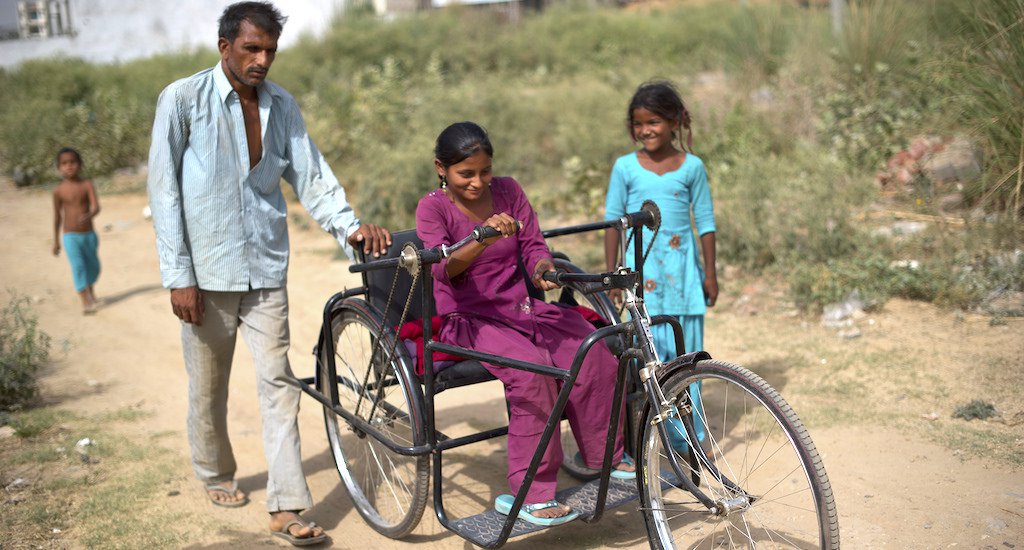
Similarly, when it comes to educational institutions, few, if any, are built keeping in mind people with disabilities. As per a UN report, 75% of children with disabilities in India never attended a school in their lifetime.
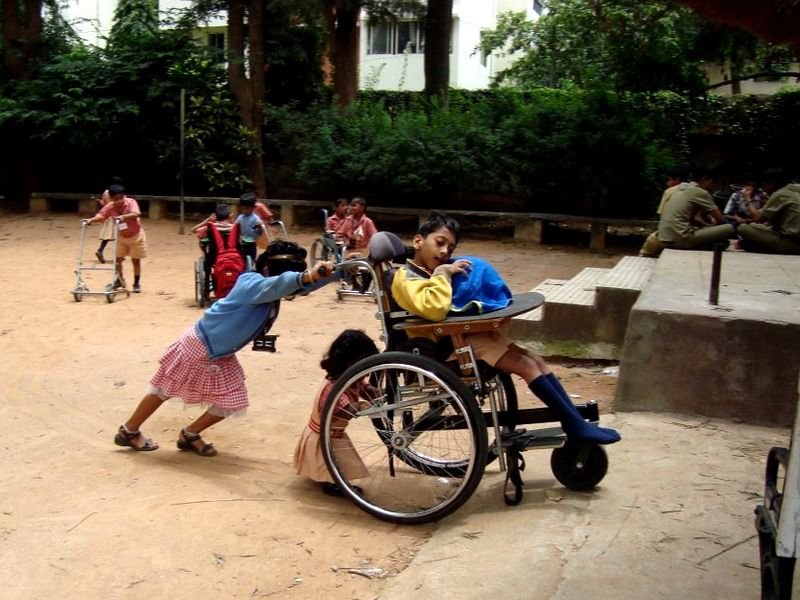
Add to this the gender gap that already exists in our society, and 19-year-old Avani Lekhara’s gold appears to be nothing short of a miracle.
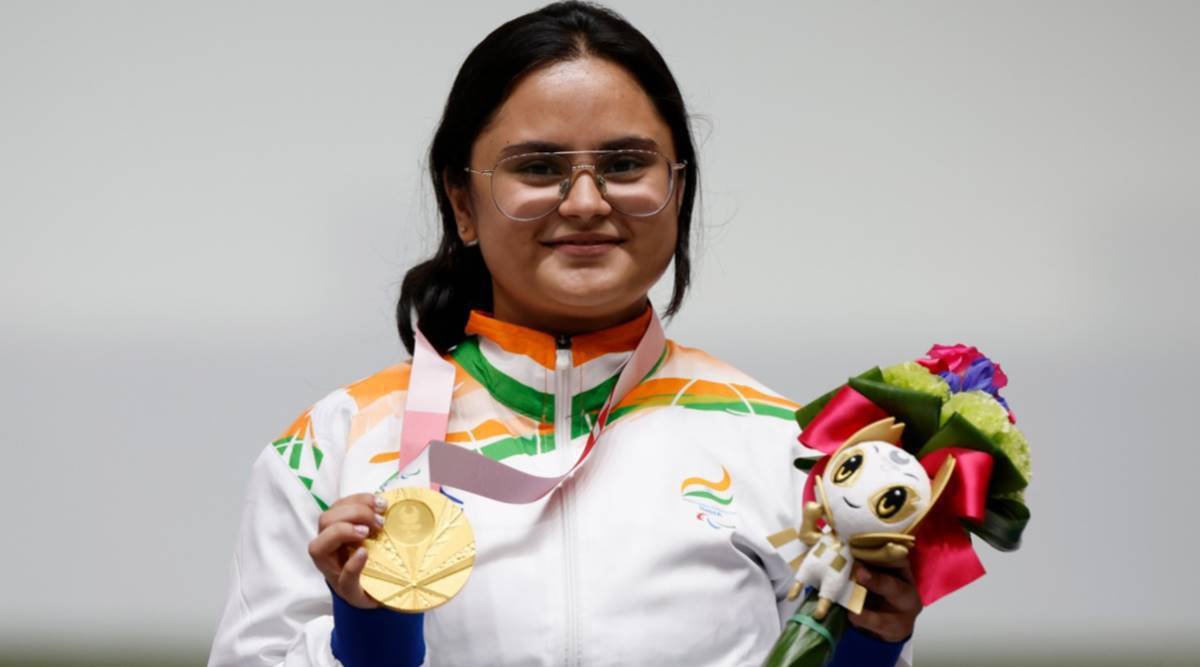
In fact, public signboards in braille, designated parking spots, pathways, and ramps in all public spaces, interpreters for the speech or hearing impaired, and other such basic facilities are still not as common as they should be.
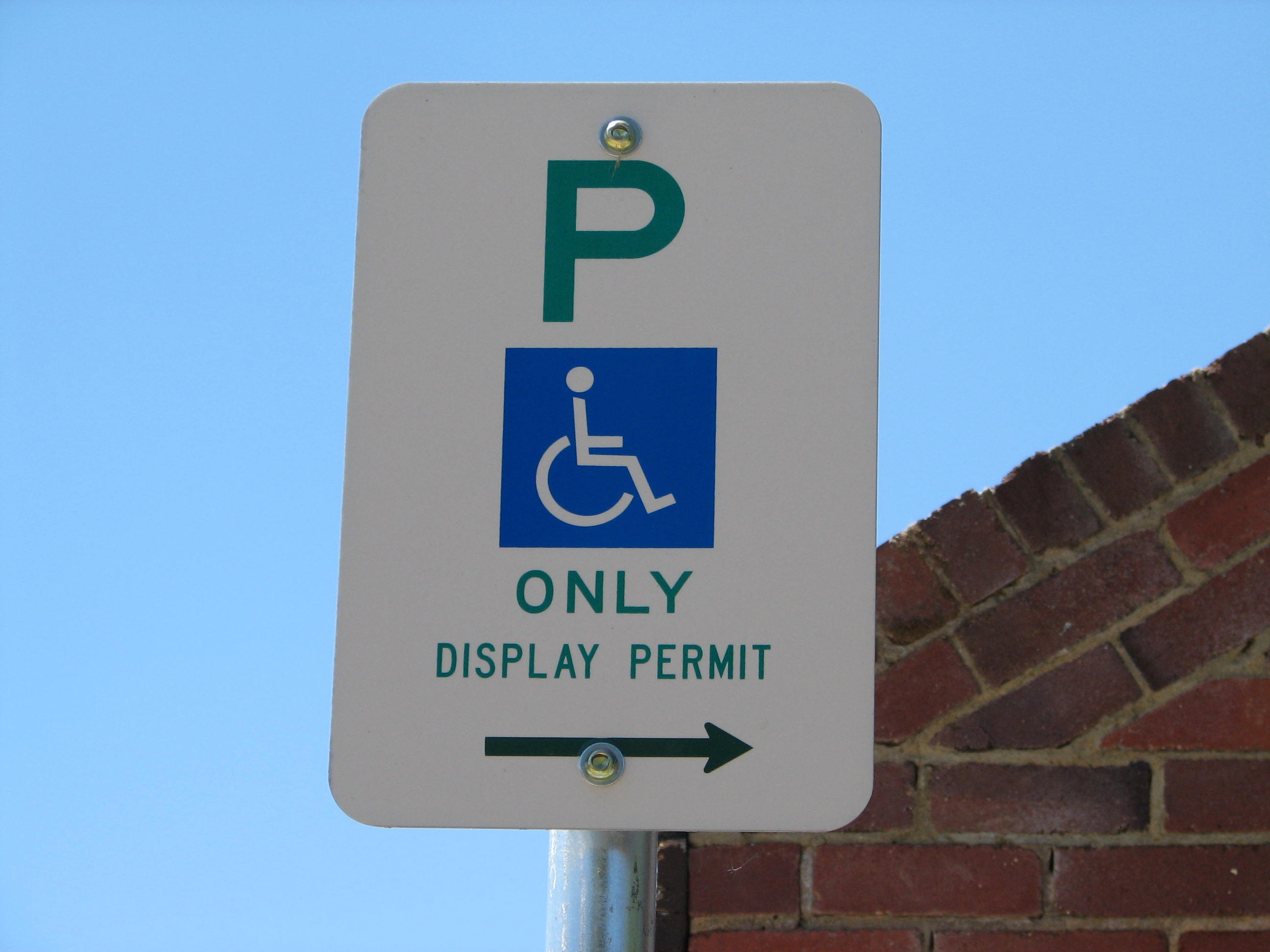
It is important that we build a world where people are, at the very least, not just given equal opportunities but also equal access to resources.
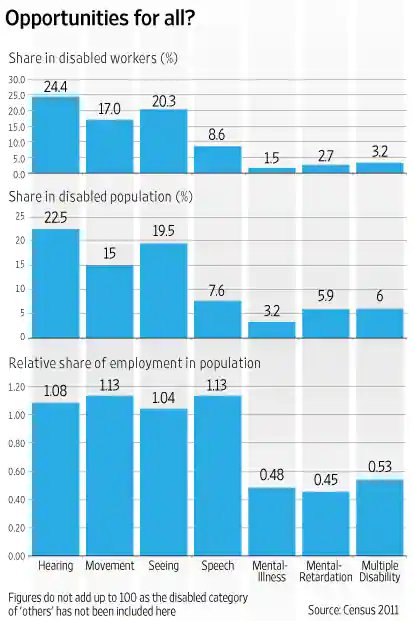
However, it does not stop with just that. We also need to work towards making our society more sensitive and aware. In fact, Paralympians even shared their own stories of how they were bullied in their formative years:
Today, even sportspeople with no disabilities have had to face extreme challenges, and yet they’ve brought laurels for the country. It is then, but obvious, that disabled people face even more struggles. And yet, their achievements have been exemplary, to say the least.
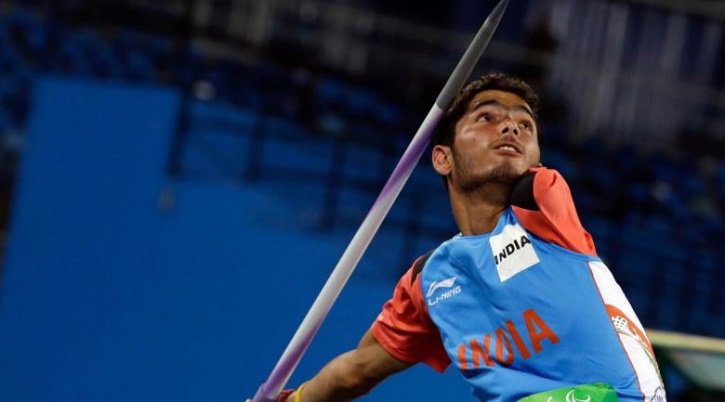
Our Paralympians have had to face unimaginable challenges to reach where they are when ideally, they should have received the opportunity to simply concentrate on their game and be the best they can be.
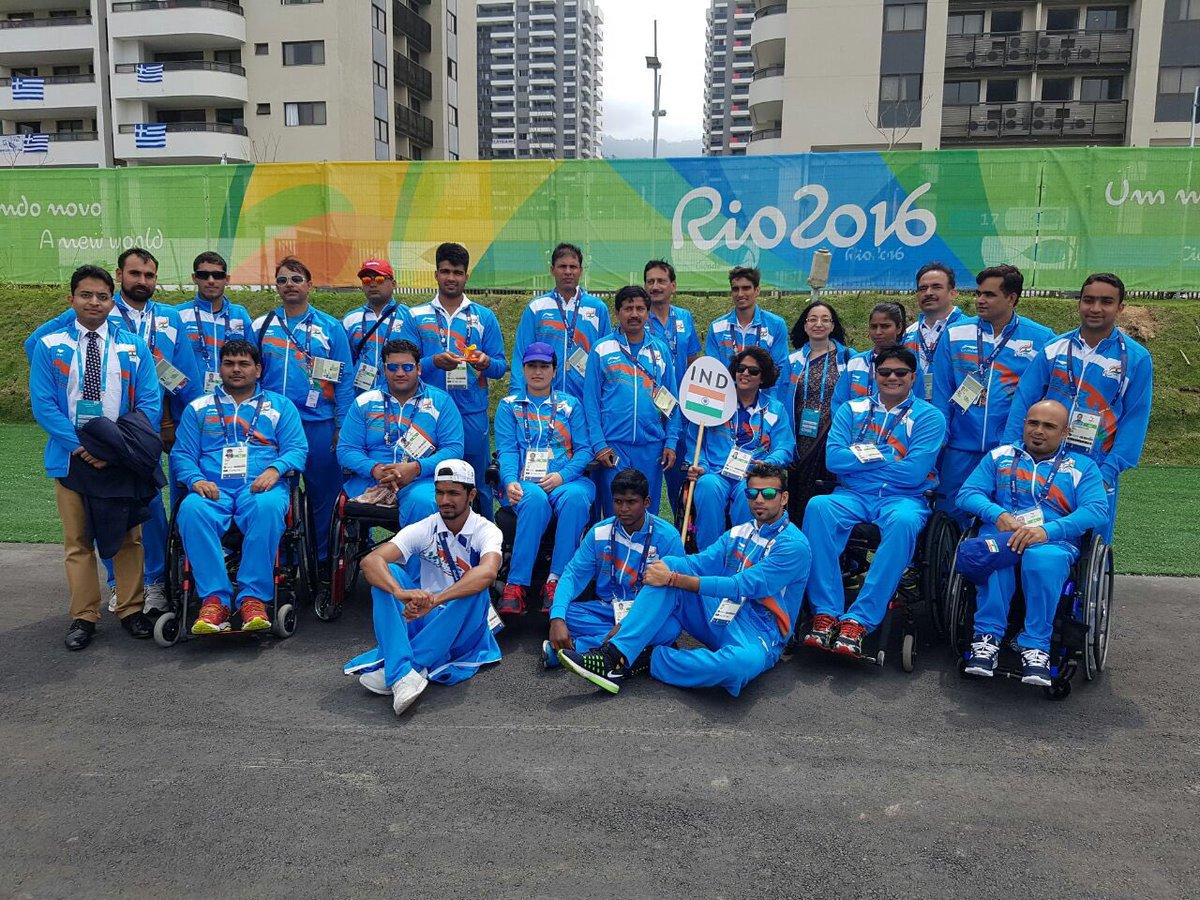
Because everyone, irrespective of their caste, class, gender, sexual orientation, or disabilities, deserves the right to be treated with dignity and lead a life of respect. Disabled people should have equal access to resources just because it is the right thing to do. They deserve to chase their dreams, whatever they might be, without having to worry about basic survival.
A true honor for these athletes would be taking inspiration from their journey to make the world more inclusive and change society for the better.
4th Gold for India!
— वरुण 🇮🇳 (@varungrover) September 4, 2021
Hope this medal-haul brings more accessible spaces, awareness, & other policy changes after listening to people in the field of disability rights. https://t.co/V5Y9fYI0as
We celebrate our Paralympic athletes but our public places remain unfriendly to the disabled. At Mumbai airport: struggle for senior citizens and specially abled is so apparent. Need to act! Act fast.. ensure easier access at all places.. 🙏
— Rajdeep Sardesai (@sardesairajdeep) September 3, 2021
Today, as we revel in the glory, it’s also time to realize that as a nation, we need to do better for people with disabilities.







